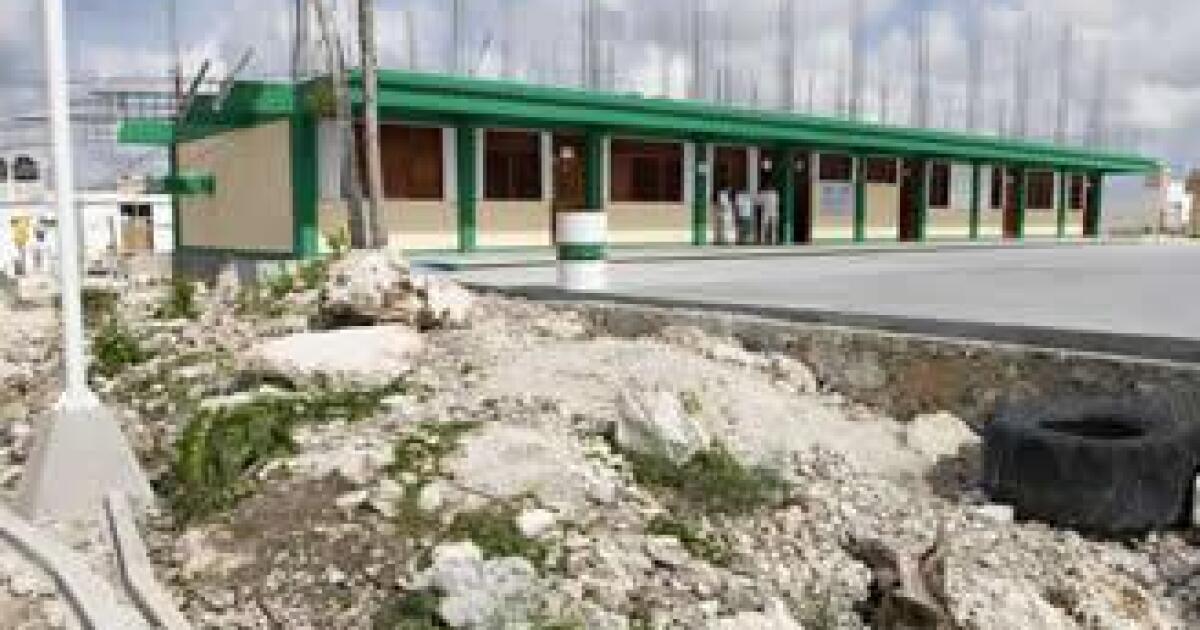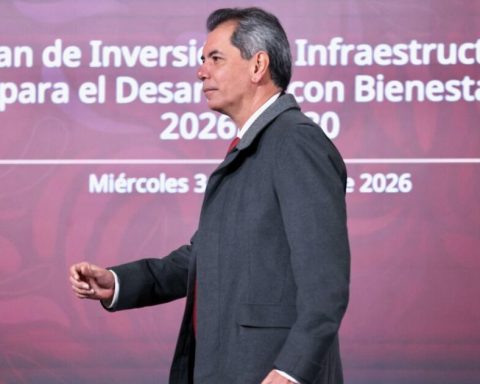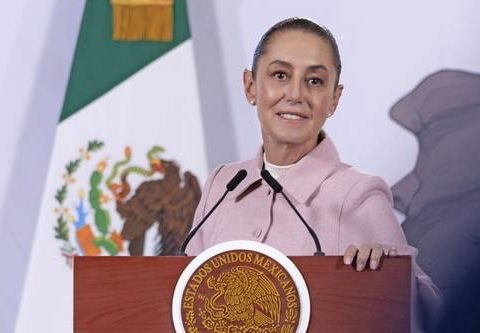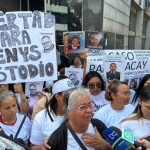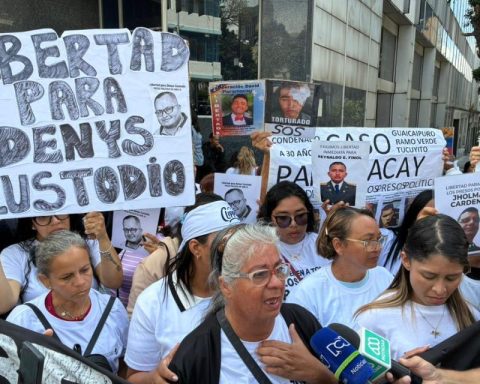Guerrero even receives less money from the FAM than Jalisco and Nuevo León, where 15.8% and 36.8% of the schools, respectively, operate without complete basic services.
Chiapas is the only state with a major lack in educational infrastructure that has received a greater allocation of resources. Here, 75% of the schools are without complete basic services, but it is because of its size that it has received the largest budget after the State of Mexico.
The Ministry of Public Education (SEP) allocates FAM money and publishes the amounts in the Official Gazette of the Federation (DOF) in January of each year. The method is maintained despite the fact that, since 2015, different civil organizations and even the National Council for the Evaluation of Social Development Policy (Coneval) have requested to review the criteria to end inequalities, says Gutiérrez.
The impact that the quality of the infrastructure has on the learning of girls, boys and adolescents is overlooked,”
María Teresa Gutiérrez, education specialist at Mexicanos Primero.
The FAM is a different fund from the La Escuela es Nuestra program, which also provides resources for educational infrastructure. The main difference is that FAM is given to local governments and La Escuela es Nuestra gives the money directly to school committees.
Fewer resources for the FAM
The Multiple Contribution Fund for Basic Educational Infrastructure has had minimal budget increases in recent years. In 2023 was approved an amount of 12,457 million pesos and in 2024 the expense was 12,829 million pesosa reduction of 1.08% in real terms, that is, if inflation is considered. For 2025 were assigned 13,762 million, just 2.8% more.
But of the total FAM budget, 91%, on average, is allocated to basic education educational infrastructure. The rest is allocated to health, sports, social assistance and security projects.
Last year they exercised 9,660 million pesos in 6,610 educational infrastructure projects. Mexico City used the largest proportion (26.9%) of the resources assigned to it and carried out 24 projects.
Chiapas followed, with 5.5% of the total investment and 275 projects; Nuevo León obtained 5.4% of the resources and used them in 214 educational infrastructure works, according to an evaluation by Coneval.
The biggest impact of the FAM allocation is that several schools continue to lack. According to data from Mejoredu, 54,662 schools in the country do not have drinking water, 5,950 do not have bathrooms, 42,474 do not have sinks and 25,890 lack electricity.
Going to schools in these conditions affects the students’ learning process, reiterates the Mexicanos Primero specialist. In the case of girls, many times, due to the lack of decent bathrooms, they avoid going to classes during their menstrual period.
“Being in a school with decent and well-equipped conditions favors the learning processes. In those that do not, it leads to them stopping attending school and thus losing learning,” he warns.
